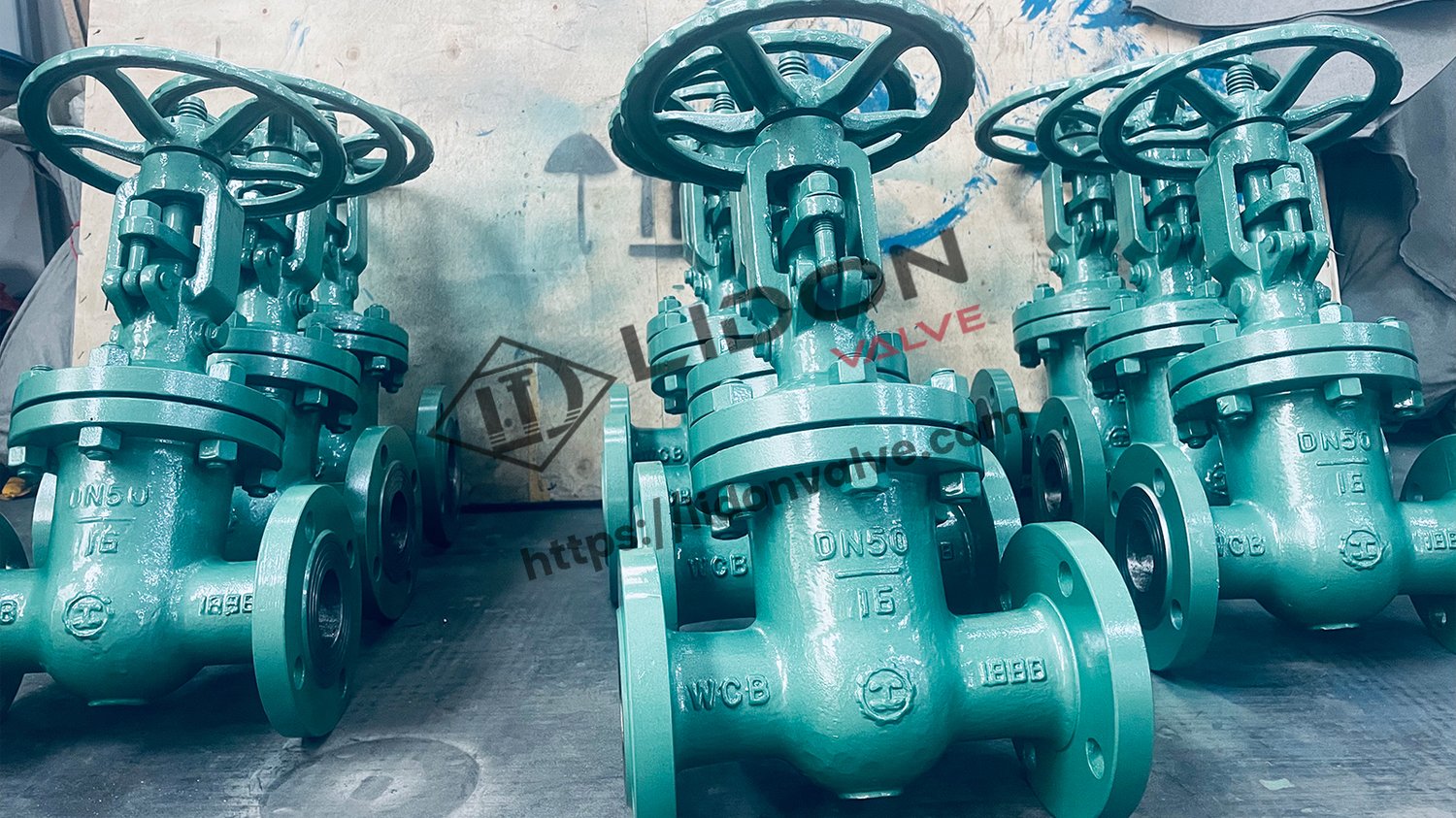Introduction
When it comes to maintaining vacuum systems, one crucial component is the gate valve. Vacuum gate valves are widely used in various industries to control the flow of gases or fluids in a vacuum environment. In this article, we will explore the world of vacuum gate valves manufacturers, discussing their importance, types of valves available, key features to consider, and more.
1. Understanding Vacuum Gate Valves
Before diving into the realm of manufacturers, it's essential to have a clear understanding of what vacuum gate valves are. These valves are specifically designed to seal off sections of a vacuum system, allowing or restricting the flow of gases or fluids. They are commonly used in applications such as semiconductor manufacturing, analytical instrumentation, research facilities, and vacuum coating.
2. The Importance of Reliable Manufacturers
When it comes to vacuum gate valves, choosing a reputable and reliable manufacturer is crucial. High-quality valves ensure optimal performance, minimal leakage, and longer lifespans. Therefore, it's essential to research and select manufacturers known for their expertise, experience, and commitment to quality.
3. Types of Vacuum Gate Valves
Vacuum gate valves come in various types, each designed to suit specific applications and requirements. Some common types include:
- Manual Gate Valves: These valves are operated manually using a handwheel or lever. They are suitable for applications where frequent adjustments are not necessary.
- Pneumatic Gate Valves: These valves are operated using compressed air or gas. They offer faster response times and are ideal for applications that require frequent adjustments.
- Electromagnetic Gate Valves: These valves use electromagnetic actuators to control the opening and closing of the valve. They are commonly used in automated systems where precision and control are essential.
4. Key Features to Consider
When selecting vacuum gate valves, certain key features should be considered:
- Materials: Valves should be made from high-quality materials that can withstand the vacuum environment.
- Leakage Rate: Look for valves with low leakage rates to ensure efficient operation.
- Actuation: Consider the desired method of actuation, such as manual, pneumatic, or electromagnetic.
- Size and Port Configuration: Choose valves that match the size and port configuration of your vacuum system.
- Pressure Range: Ensure that the valves can handle the required pressure range of your application.
5. Prominent Vacuum Gate Valves Manufacturers
There are numerous manufacturers specializing in vacuum gate valves. Some prominent ones include:
- Company A: Known for their precision engineering and wide range of valve options.
- Company B: Recognized for their innovative designs and reliable performance.
- Company C: Offers custom solutions tailored to specific industry requirements.
- Company D: Known for their exceptional customer service and technical support.
6. Factors to Consider When Choosing a Manufacturer
Choosing the right manufacturer for your vacuum gate valves involves considering several factors:
- Experience: Look for manufacturers with extensive experience in producing vacuum gate valves.
- Customer Reviews: Read reviews and testimonials from other customers to gauge the manufacturer's reputation.
- Product Range: Ensure that the manufacturer offers a wide range of valve options to suit your specific requirements.
- Customization: If you have unique needs, consider manufacturers that offer customization services.
- Quality Assurance: Check if the manufacturer follows rigorous quality control processes to ensure reliable and durable valves.
7. Installation and Maintenance Tips
Proper installation and maintenance are crucial for the optimal performance and longevity of vacuum gate valves. Here are some tips:
- Installation: Follow the manufacturer's installation instructions carefully, ensuring proper alignment and sealing.
- Maintenance: Regularly inspect the valves for any signs of wear or damage and follow the manufacturer's recommended maintenance schedule.
- Cleaning: Clean the valves using appropriate methods and materials to prevent contamination or damage.
8. Industry Standards and Certifications
Ensure that the vacuum gate valves you select meet industry standards and certifications, such as ISO 9001, to guarantee their quality and performance. Manufacturers who adhere to these standards demonstrate their commitment to producing reliable products.
9. Emerging Trends in Vacuum Gate Valve Manufacturing
The field of vacuum gate valve manufacturing is constantly evolving. Some emerging trends include:
- Smart Valves: Integration of sensors and control systems for enhanced monitoring and remote operation.
- Improved Sealing Technology: Advancements in sealing materials and techniques to minimize leakage rates.
- Miniaturization: Development of smaller and more compact valves for space-constrained applications.
10. Conclusion
Vacuum gate valves from reputable manufacturers play a crucial role in maintaining the efficiency and reliability of vacuum systems. When selecting a manufacturer, consider factors such as experience, customer reviews, and product range. By choosing the right vacuum gate valves and manufacturers, you can ensure optimal performance and longevity for your vacuum system.

